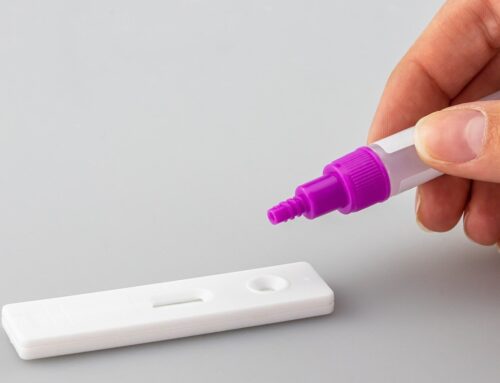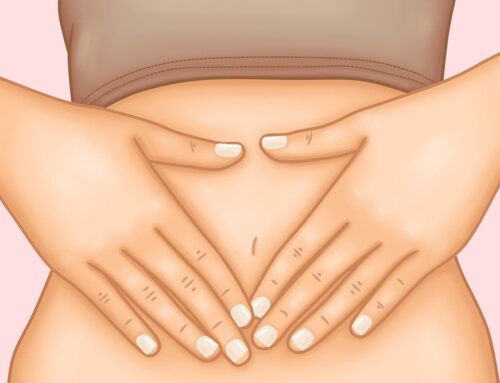What kinds of changes in my diet would be better than supplements?
I have some health issues that require that I take some supplements as well as prescription medications at various times of the day, and recently I caught a headline on the radio that said that there was recent research that documented that taking some supplement did not help in preventing loss of memory.
As I heard that I started wondering what benefit, if any, the supplements I and others take have for us. Who needs to take these and who doesn’t? What kinds of changes in my diet would be better than supplements?
The retail value of supplements sold in the US is estimated to be almost $34 billion this year. It is certainly a lucrative industry for its manufacturers, but is it beneficial? Are they even safe?
In the US, the Food and Drug Administration regulates prescription drugs, but not so supplements. Their statement is:
“FDA regulates both finished dietary supplement products and dietary ingredients. FDA regulates dietary supplements under a different set of regulations than those covering “conventional” foods and drug products. Under the Dietary Supplement Health and Education Act of 1994 (DSHEA):
Manufacturers and distributors of dietary supplements and dietary ingredients are prohibited from marketing products that are adulterated or misbranded. That means that these firms are responsible for evaluating the safety and labeling of their products before marketing to ensure that they meet all the requirements of DSHEA and FDA regulations.” (emboldened for emphasis).
I don’t know about how you feel about this, but I think there may be room for abuse if “these firms are responsible for evaluating the safety and labeling of their products…”. I’m not sure I’m comfortable with the fox guarding the hen house here, but that is a subject for another day, as we’re only talking about who should take these products, and what the products can do for us.
Dietary supplements should be taken by those of us who are otherwise healthy and: eat less than 1600 calories daily; have a condition in our digestive track that makes us unable to absorb nutrients from our meals efficiently, or have had surgery that inhibits the absorption of nutrients; if you are a vegan or someone who eats a small variety of foods and does not eat fish a couple times a week. Of course if your physician or dietician prescribes them for something else entirely, you should follow his or her recommendations.
In general, there is little research that supports the notion that these supplements are necessary for us. While researching this, I found a great summary of research on this in Web MD here: Do Older Adults Need Vitamins, Supplements? and recommend it to you for a little more detailed look at this.
One study reviewing all the literature is quoted as finding: “it is apparent that changes in requirements for the elderly do not suggest massive supplement use covering most micronutrients.” He (McCormick) says minor diet changes can fill needs for nutrients, with supplements included only where there is evidence of serious limitation of intake.
He disagrees with a study suggesting that older adults should take two multivitamins a day. He found no evidence that older adults need more thiamin, riboflavin, or niacin than younger people. Some older adults may need more vitamin B6, B12, and folate, research suggests.
So maybe, unless we are in one of the categories listed above, or have specific needs our health care advisor has identified, we are better off trying to eat a balanced diet of whole foods that naturally provide better nutrition because they contain more of the micronutrients we need, have more of the fiber that prevents many diseases, and contain naturally occurring ingredients that help protect us against things like cancer, high blood pressure, diabetes, and heart disease.









